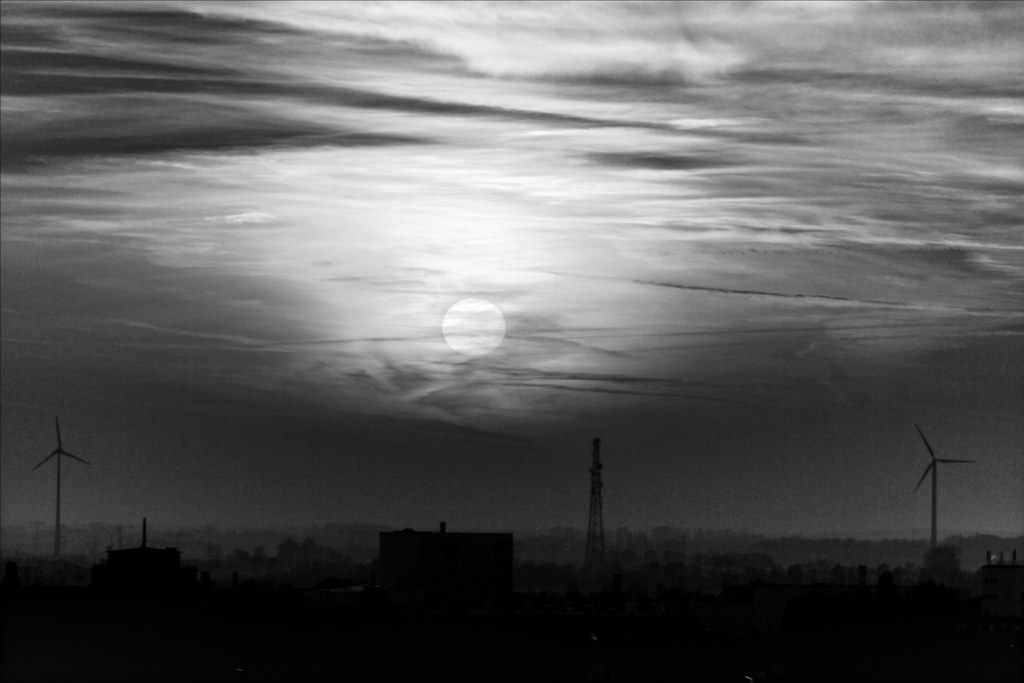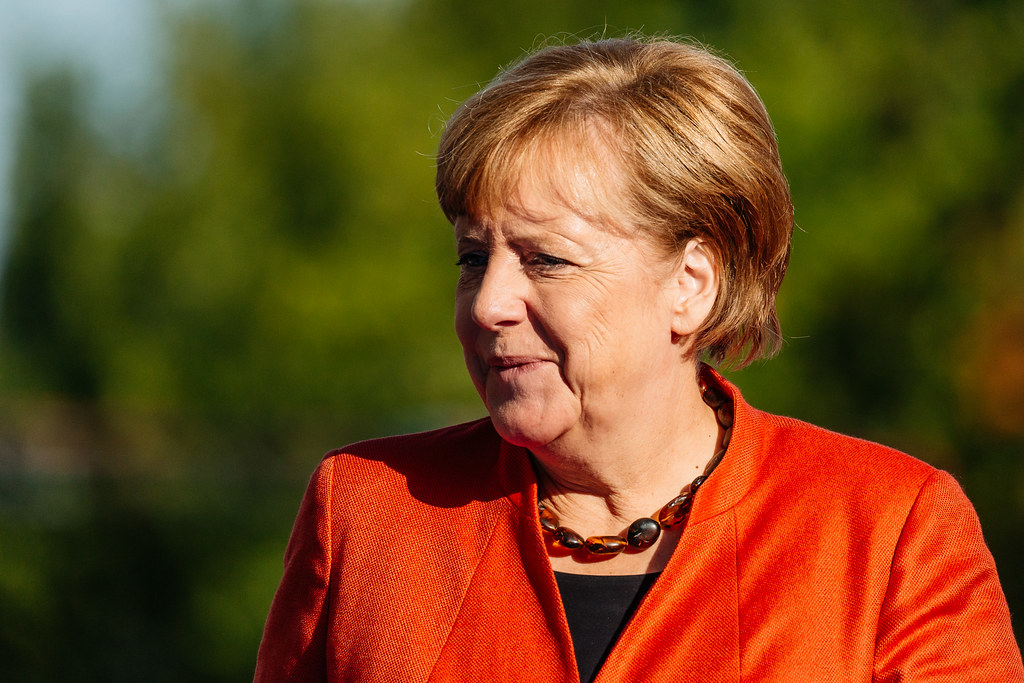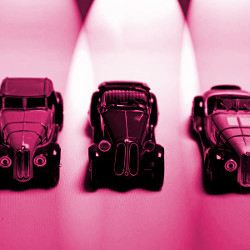BMW Doesn't Want To Fix Its Dirty Diesels
https://bvzine.com/link/bmw-doesn%27t-want-to-fix-its-dirty-diesels
In 2015 — when "dieselgate" hit — just shy of 48% of new cars sold in Germany ran on diesel. Less than three years later, diesel's market share had fallen 10% and the nation's courts ruled that cities like Hamburg, Stuttgart and Düsseldorf were free to ban higher-polluting diesel vehicles from their roads. It's quite the fall from grace.
Although a lot of people seem to think this is the end of Germany's love affair with diesel, the truth is there wasn't really much of a love affair to begin with. Through the 90s, only around 15% of vehicles sold in Germany were crude-burners, compared to over 40% in neighboring France at the same time. While diesel's market share in France, Belgium, Luxembourg and Norway has pushed close to 80%, in Germany, it's never been the majority.

Despite this, diesel is important for Germany's automakers. For a long time it was a good way to keep fleet carbon emissions down, though now lawmakers have wised up to the fact that trading in for nitrogen oxides might not have been such a great idea. Still, though, diesel is a distinguishing feature for the German brands; if you want a diesel performance vehicle, you don't buy Japanese. So it's no surprise the German authorities have been trying to find ways to stem the growing anti-diesel sentiment in the country.
The latest effort, agreed by the German government this week, has the catchy name "Concept for Clean Air and Ensuring Individual Mobility in our Cities". The standout proposal is that owners of vehicles affected by diesel bans should be able to trade in their cars for a hefty discount on a new, emissions-compliant model, or have the manufacturer retrofit hardware to bring emissions down to an acceptable level. With almost 9 million such vehicles on Germany's roads, it's likely to put a heavy strain on the country's carmakers.
In a move that probably shouldn't surprise anybody, Germany's Big Three aren't massively keen on the idea, with BMW saying that retrofitting older vehicles "doesn't make sense". The reasons given cut straight to the heart of the issue — BMW claims that doing so would have a "negative impact" on performance. Well, obviously; dieselgate came from the carmakers' inability to wrestle the desired performance out of their diesel engines without flouting emissions standards. Volkswagen owners who have had their vehicles patched have noticed drops in performance and fuel efficiency, and it would be no surprise if this latest round of fixes had a similar impact.
Not that we should imagine BMW's motives are entirely altruistic here. Retrofitting so many cars — some of which may only be a few years old, with the proposals covering all vehicles that fail to meet the Euro 6 emission standards introduced in September 2015 — is going to cost the company a lot of time and money. And unlike the trade-in option, it's not helping drive sales or keeping people in BMWs for a few extra years, with all the extra service income that can result in. It doesn't take much to work out why BMW, like Volkswagen and Daimler, is already saying it would be better for people to trade in their cars.
Whether that's an option for consumers, though, is another question entirely. For one, it doesn't solve the key issue: people having cars they can't drive freely, effectively being forced to buy a new one. Being able to get that new one at a lower price is great for those happy to upgrade, but for those who hadn't budgeted on buying another car so soon, and who don't mind taking the performance hit, the retrofit option has to stay on the table, much as BMW would prefer it to be taken off.
It's difficult to see the German federal government backtracking on that point, though. The courts have already ruled that cities can introduce vehicle bans, and trying to overrule that is sure to antagonize the growing environmentalist movement in the country at a time when Merkel's coalition has historically low approval ratings. Letting the bans go through without promising proper protection to the millions of Germans owning potentially affected vehicles is going to be just as unpopular.

BMW might feel emboldened to resist it, though. A lot of BMW owners prioritize performance, so would prefer trading in anyway. The upgrade cycle for BMWs and other luxury vehicles is also, generally speaking, shorter than for more mainstream brands. By saying that the retrofits won't be ready until 2021, BMW might be betting on enough of their customers trading in before then anyway, letting the affected vehicles be quietly removed from circulation.
I only hope it won't come to that. Trashing a load of BMWs that could be brought up to scratch with the regulations and thrive on the used market would be a real shame. Germany's right to start reducing the number of diesel vehicles on urban roads, but the cars we're talking about here were built to the Euro 4 and Euro 5 standards, in force between January 2006 and August 2015. These aren't vehicles that have reached the end of their usable life, and having to destroy them is far more wreckless than letting them stay in service with the necessary hardware.
BMW really needs to step up to the plate and do what it can to keep these vehicles on the road. They might not be in the hands on the company's direct customers, they might not be getting serviced in licensed dealerships, they might not be doing anything for BMW's bottom line. But letting them die off before their time really would be a sad end.
 By
By